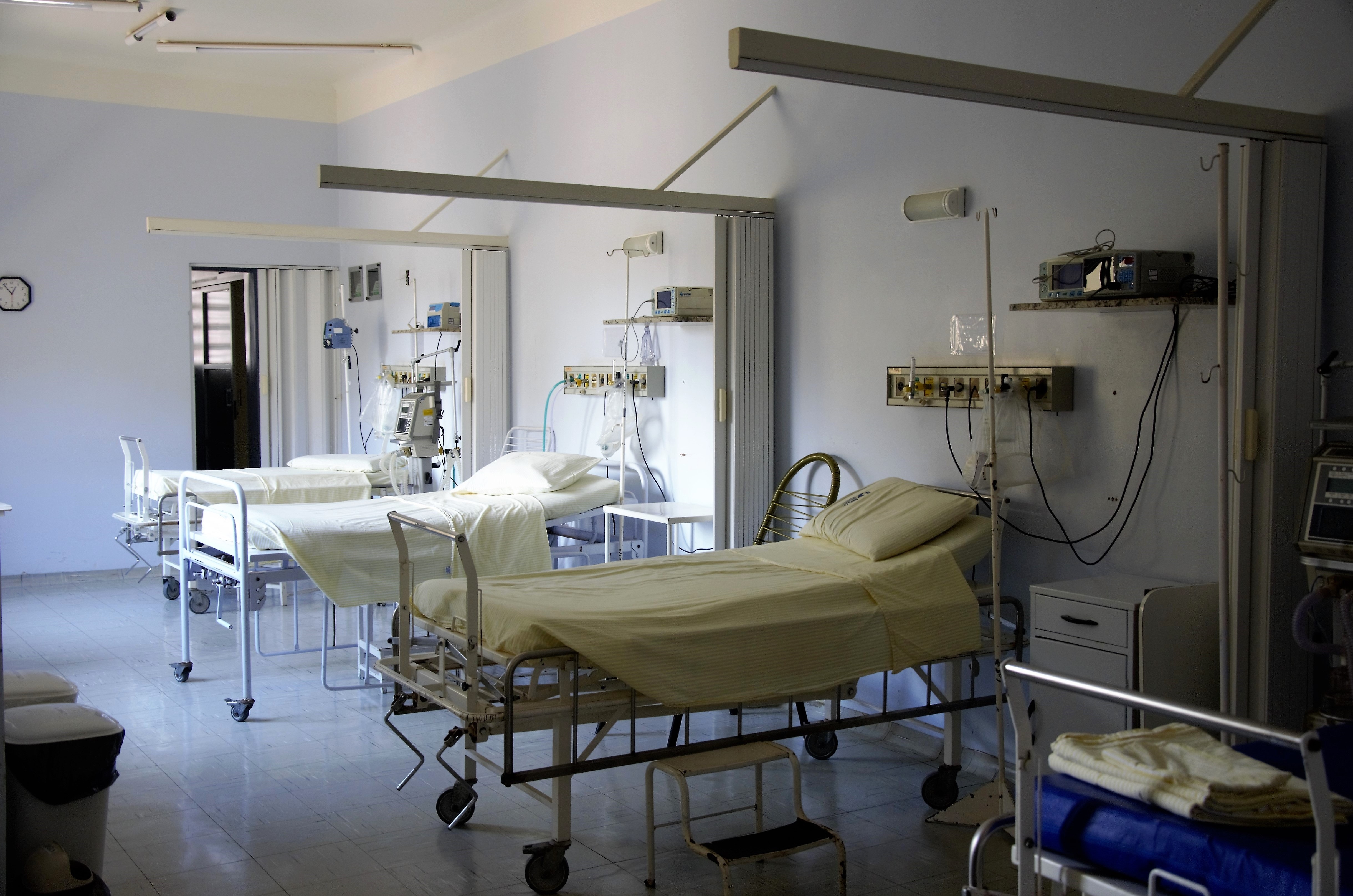
Randomized controlled trials- like the recent Recovery trial that revealed that the steroid dexamethasone reduced mortality rates in severely infected COVID-19 patients by 1/3- have long been the gold standard in medicine. However, these trials take time, a luxury that cannot always be afforded during a pandemic.
In The New York Times, Ruth L. Newhouse Associate Professor of Health Care Policy Anupam B. Jena, MD, PhD, and clinical and research fellow at Massachusetts General Hospital and Harvard Medical School Chris Worsham, MD, suggest an alternative approach used by economists: natural experiments.
Randomized trials eliminate observation bias that may affect the results of a study. Because of this, medicine usually leans towards randomized trials, but in times of crisis, natural experiments can offer life-saving data.
“With natural experiments, you can get around many of the hidden biases that plague observational studies by looking for circumstances that happen by chance — events that cause patients to be essentially randomized to one treatment or another,” the authors explain.
The Recovery trial suggests that critically ill COVID patients have a lower chance of mortality if prescribed dexamethasone earlier in their treatment. Natural experimentation can test this by, for example, comparing the mortality rates of those hospitalized a few days before the study was released, assumed to be given the drug early in their treatment, and those that were admitted a week prior to the study and therefore received the drug later in their treatment.
During a time when urgent results are needed to save COVID patients, natural experiments could be a saving grace.